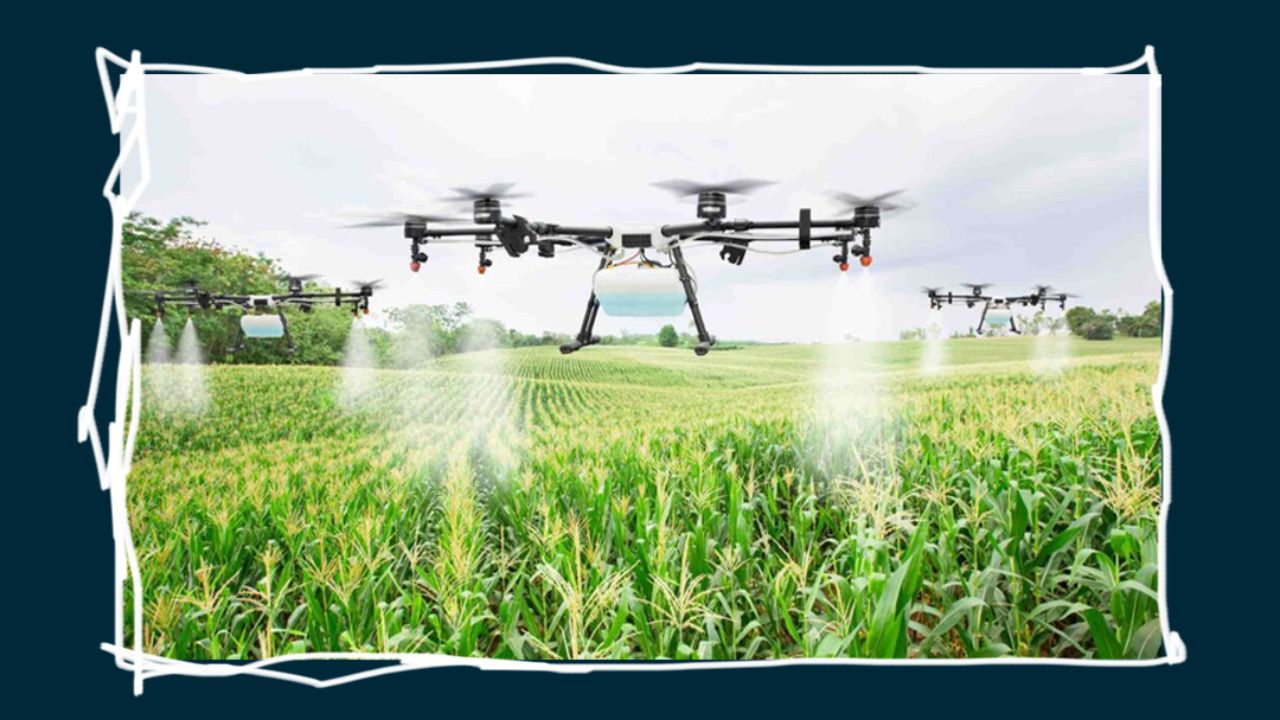What do farms and arms have to do with each other?
Let’s have a look at how Israel developed an agro-military complex, exporting military technology through greenwashing in the global South
Israel has developed a technologically-advanced agricultural sector on the back of its militarism.
Israel’s agriculture depends heavily on the military occupation of Palestinian territory, not least the Jordan Valley, with the pillage of Palestinians’ land and natural resources and exploitation of Palestinian workforce.
The training of Israeli human resources and development of advanced technology derives from the military and secret services technological know-how, tested and used against captive Palestinians, before being deployed to “civil” sectors like agriculture and sold worldwide.
For example, the platform NetBeatTM by Israeli irrigation company Netafim was developed through a collaboration with a subsidiary of Rafael Advanced Defence Systems, the Israeli state-owned military corporation.
The apartheid regime expanded its diplomatic and economic agenda based on the agrotech sector, whose companies are often managed by former defense and secret services high-level officers.
African countries are among major targets for Israeli turn-key agrotech projects, but they span from South America to the southwestern Pacific too.
The sale of Israeli military equipment and security systems often overlaps with the sale of its agricultural technologies.
For example, after the civil war in Angola (early 2000), Israeli arms merchants shifted their business model and engaged the Israeli companies TerraVerde and Green 2000 for multi-million dollar agricultural projects.
Here some of the main countries in which Israel expands its agro-military complex.
Angola
Azerbaijan
India
Vietnam
Philippines
Papua New Guinea
South Sudan
Columbia
What is the model of these turn-key projects?
- Multi-million dollar agricultural projects are presented by Israeli companies to high-level politicians from a country rich in natural resources, selling the model of “moshav” village-farm, used historically by the Zionist movement to colonize Palestine
- The Israeli company offers a financial package through an insured loan from Israeli or European banks, through a company’s offshore subsidiary.
- The client government guarantees the loan on the sale of resources like petroleum or gas. They also grant concession of land, which often results in the displacement and eviction of local communities. Israeli companies and consultants are contracted.
- Once the project is delivered and in place, the client government is indebted and dependent on continuous inflows of money without sustainability. A model encouraging corruption in some cases
These projects overseas are not modelled on collective farming, but on capital-intensive agribusiness.
Local communities are most often excluded from decision making, and dependent on the import of Israeli technologies, like greenhouses, irrigation and hybrid seeds.
As can be seen in Angola, the participating villagers are more like cheap labour for the company. They have to pay the company for the use of the houses, the infrastructure, the small plots of land and the inputs that they are supplied.
Everything they produce goes to the company, and in return the villagers get very little, as they must pay off their debts. Together with other transnational agribusiness corporations, Israeli agribusiness companies contribute to a global model largely responsible for the climate, food and poverty crisis.
Useful resources
